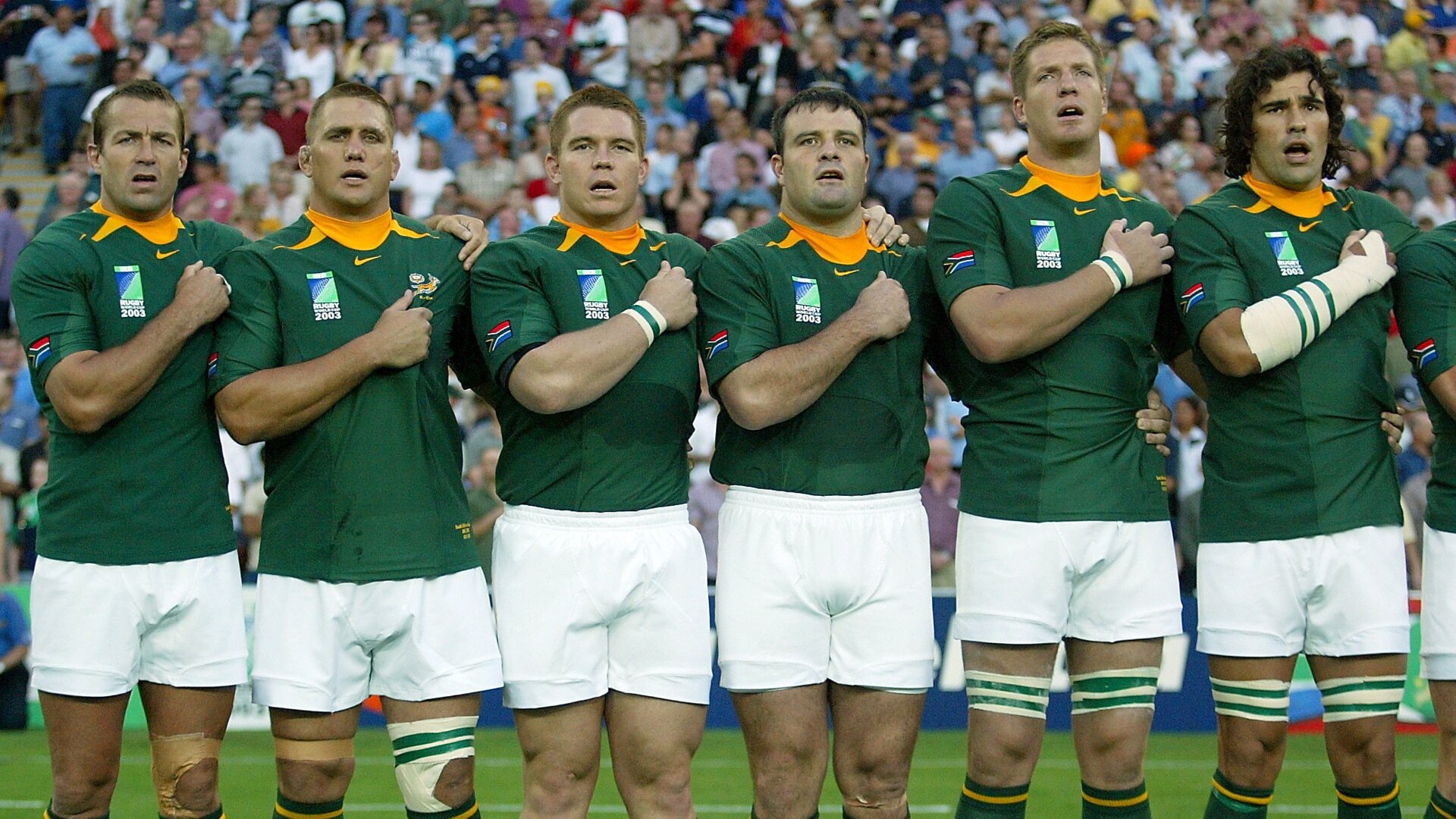Ex-Springbok revisits Kamp Staaldraad nightmare: 'It was crazy... the soldiers even fired two bullets on the ground'

Springbok rugby was restored to the pedestal of being the best in the world last November with South Africa’s World Cup final win over England in Yokohama. The world reacted graciously, hailing a triumph where the Boks were inspirationally skippered by Siya Kolisi, their racially uniting captain.
The victory crowned them as world champions for the third time in seven tournaments, but the memory of preparing for one of their more disastrous campaigns has never left one ex-Springbok who now lives in the wilds of Costa Rica.
Now 39 years old, Joe van Niekerk earned the last of his 52 South African caps in 2010 before finishing his club career at Toulon in 2014. He has since embraced a new-age lifestyle in the Costa Rican jungle, buying a piece of land to make it into a huge organic farm.
Surviving off the land, though, provided a very different experience 17 years ago when the Springboks’ preparations for the 2003 World Cup in Australia descended into farce at a military-style boot camp that went horribly wrong, causing friction among a squad that went on to lose in the quarter-finals to New Zealand.
Asked by Midi Olympique, the bi-weekly French rugby publication, if he had ever been afraid in rugby, van Niekerk opened up about his memories of the infamous Kamp Staaldraad that was supposed to be a team bonding exercise with an emphasis on fitness.
“The federation (SA Rugby) had seen fit to group us in a military camp located near the border of Botswana. I can see some virtues in this kind of commando internship. It’s a management method like any other, after all. But here it went too far. They wanted to break us, humiliate us, scare us. I even lost four pounds in three days.
“Kamp Staaldraad, it was crazy when I think about it. We called the soldiers ‘sir’, they answered us using our service number. We had to climb nude through tunnels dug by foxes as they poured frozen water over our heads.
“As long as we were climbing, we were waiting for recordings of God Save The Queen and the Haka. It was crazy, I tell you. We also spent one night in the desert. We were all starved, so the soldiers carried boxes inside of which there were live chickens.
“I grew up in Johannesburg. I’m a little town guy. I had never killed chicken. Especially since the soldiers refused to give us a knife. So we had to kill the beasts with our own hands. I even believe that a player tore out a vein from the animal with his teeth. What a nightmare.
“If I had been a team executive at the time, I would have refused to put my team-mates at risk in this kind of exercise… one morning, when we had to stay in the very cold water of a lake, some players tried to get back to the shore. The soldiers then threatened them with their gun, even firing two bullets on the ground.
“Another afternoon, at 35 degrees, the soldiers gathered us in full sun. Derrick Hougaard raised his hand and asked, ‘Sir, may I ask you a question?’ The soldier replied: ‘Yes, number 42!’
“And Derrick to continue: ‘You wouldn’t have sunscreen?’ We all exploded with laughter and the soldiers were mad with anger. So we queued up to do push-ups while the soldiers came and went on the bridge formed by our backs.”
In the aftermath of the infamous camp, the Springboks were hit by allegations of racism following claims that Geo Cronje refused to share his room with Quinton Davids. “It was horribly disappointing,” continued van Niekerk.
“In 1995, the Springboks’ World Cup victory brought the country into the era of the Rainbow Nation. I was 15 at the time but who could have forgotten the image of Nelson Mandela wearing the No6 by François Pienaar? Who could have forgotten the streets of our cities flooded with people of all colours after the final whistle?
“After the euphoria of the title, everything fell apart a little in South Africa and this year, 2003, there was bad energy within the group, a real separation between the black and white of the team. I found it inhuman. My mother didn’t raise me that way.”











































































